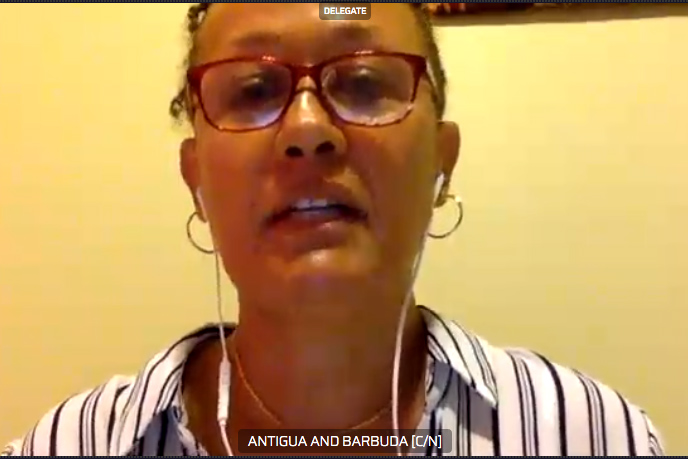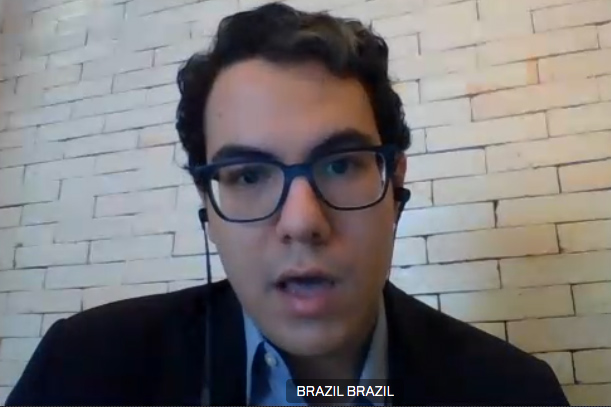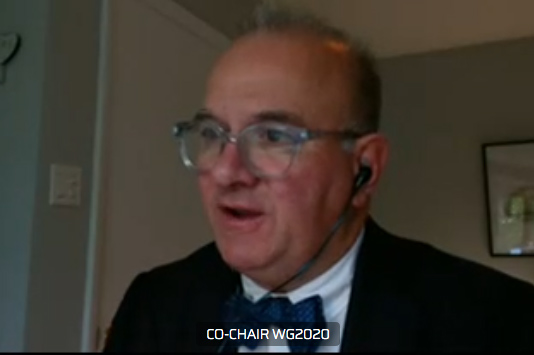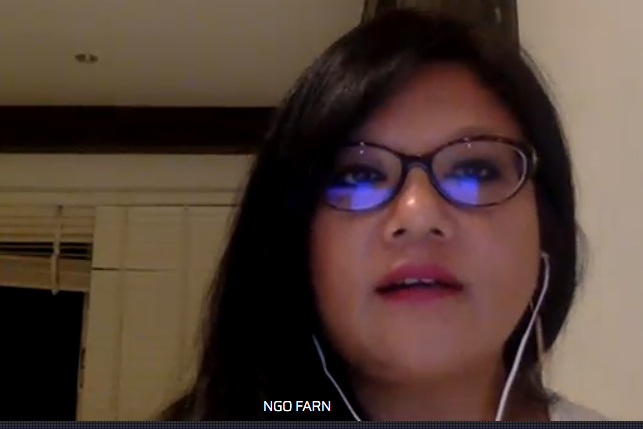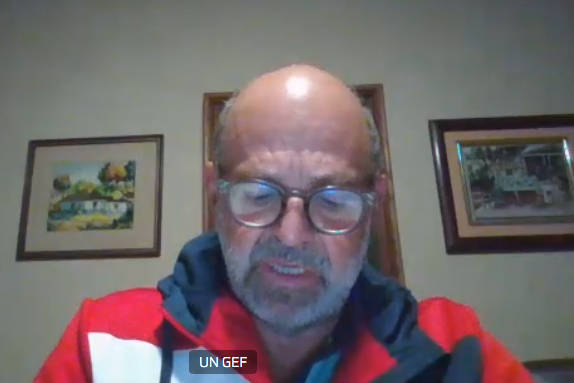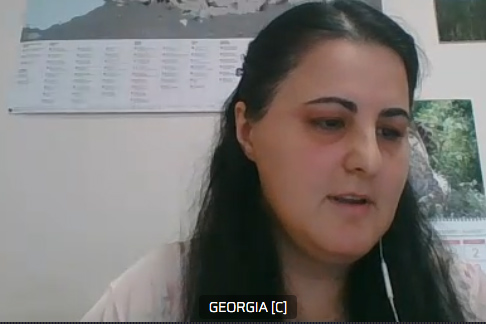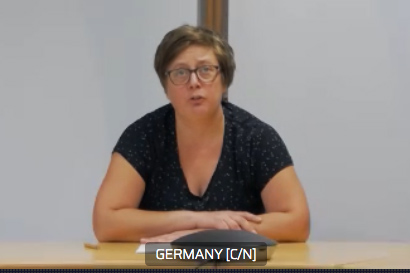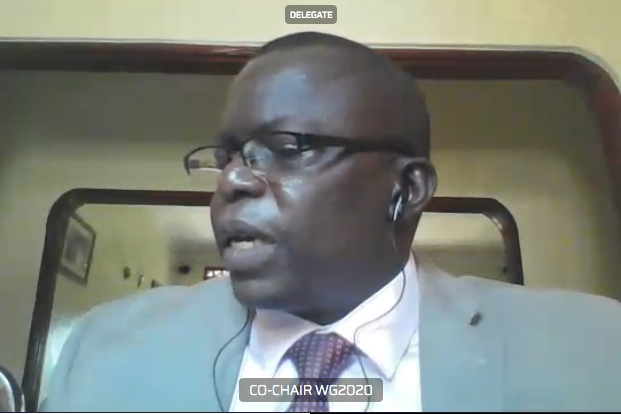Convention on Biological Diversity: Special Virtual Sessions
15-18 September 2020 | Virtual
Highlights for Friday, 18 September 2020
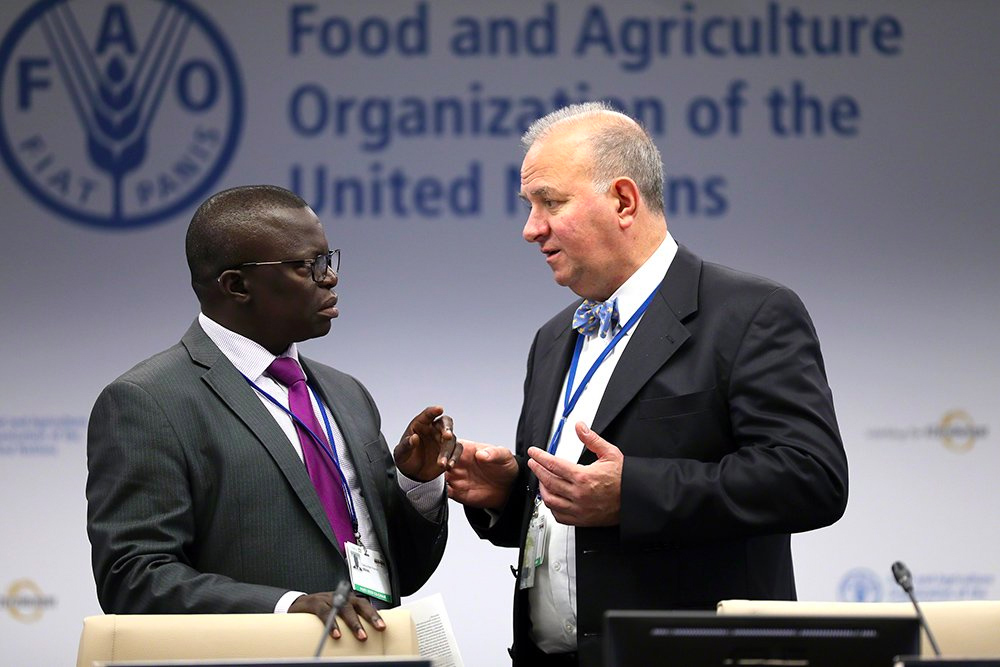
The Convention on Biological Diversity (CBD) Special Virtual Sessions concluded on Friday, 18 September. These virtual sessions of the CBD’s Subsidiary Body on Scientific, Technical and Technological Advice (SBSTTA) and Subsidiary Body on Implementation (SBI) provide the opportunity for the presentation of information and for statements by parties and observers.
Preparation of the Post-2020 Global Biodiversity Framework
SBSTTA Chair Hesiquio Benitez Diaz and SBI Chair Charlotta Sorqvist facilitated the session, which convened from 7:00-9:00 am EDT (UTC-4:00).
CBD Executive Secretary Elizabeth Mrema said that “the future of the world, its resources, and its future abundance” depends on present action. Carlos Manuel Rodríguez, CEO and Chairperson, Global Environment Facility, called for an ambitious framework, especially on resource mobilization.
The Co-Chairs of the Open-ended Working Group on the post-2020 global biodiversity framework, Basile van Havre and Francis Ogwal, summarized the updated zero draft of the framework for parties. They noted that the draft streamlines language on goals and targets. It includes a new goal on means of implementation, as well as milestones to ensure progress.
The draft text adds a deadline of 2030 to each target. It also contains a new target on the recovery and conservation of wild flora and fauna. The text brings new language on implementation support mechanisms, including, among others: mobilizing resources; capacity development; knowledge generation, management, and sharing; and technical and scientific cooperation.
Moreover, the new draft considers enabling conditions of implementation, including: the participation of indigenous peoples and local communities (IPLCs); gender equality; intergenerational equity; and, where appropriate, considering and recognizing the rights of nature.
The Co-Chairs indicated that the issue of digital sequencing information will be considered at the Working Group’s third meeting.
Germany, for the European Union (EU), expressed concern that marine, urban, and genetic diversity were under-represented in the draft. Both Uganda, for the African Group, and the EU called for further incorporation of access and benefit-sharing in the text.
Antigua and Barbuda, for the Group of Latin America and Caribbean Countries, stressed that: the mainstreaming of biodiversity must be deepened and systematized; resource mobilization be included as a COP decision; and the peer review process should include headline indicators so as to take into account national circumstances.
Uganda, for the African Group, said that indicators should consider biodiversity at multiple scales, and that the draft should recognize sustainable use as a poverty alleviation strategy.
Brazil stressed the recognition of common but differentiated responsibilities.
Iran stressed that sanctions on his country affect biodiversity initiatives internationally.
Georgia, for Central and Eastern Europe, and the United Kingdom stressed the need for strong monitoring, implementation, and review mechanisms.
IPLCs said that customary practices and traditional knowledge must be a vital part of supporting biodiversity and sustainable use.
The Global Youth Biodiversity Network called for the draft to have a human rights perspective at its center, as well as to mainstream intergenerational equity across targets.
The CBD Women’s Caucus warned against a weakening of gender mainstreaming in the new draft.
Warning that subsidies harmful to biodiversity will negate positive investments, the CBD Alliance called for renewed emphasis on the role of IPLCs. He noted that the current draft would not comply with the UN Declaration on the Rights of Indigenous Peoples.
The UN Environment Management Group expressed its support to parties in implementing the future framework.
China, on behalf of the presidency of the 15th meeting of the Conference of Parties, welcomed the new draft; affirmed its support of multilateralism in continuing the goals of biodiversity conservation; and announced an online ministerial roundtable on 24 September to build consensus ahead of the UN Biodiversity Summit on 30 September 2020.
A briefing note will be available on Saturday, 19 September.
Images from the Meeting
Convention on Biological Diversity (CBD) Resources
- CBD Website
- Special Virtual Sessions Website
- Website for the CBD Working Group on Post-2020
- SBSTTA-24 Website
- SBI-3 Website
IISD/ENB Meeting Coverage
- 2nd Meeting of the Open-ended Working Group on the Post-2020 Global Biodiversity Framework, 24-29 February 2020, Headquarters of the Food and Agriculture Organization of the UN (FAO), Rome, Italy
- 23rd Meeting of the Subsidiary Body on Scientific, Technical, and Technological Advice (SBSTTA 23) and 11th Meeting of the Ad Hoc Open-ended Working Group on Article 8(j) and Related Provisions (WG8J 11) of the CBD, 20-22 and 25-29 November 2019, Montreal, Canada
- 1st Meeting of the Open-ended Working Group on the Post-2020 Global Biodiversity Framework, 27-30 August 2019, UN Office, Nairobi, Kenya
- 2018 UN Biodiversity Conference, 14-29 November 2018, Sharm El-Sheikh, Egypt
- ENB Coverage of Biodiversity Meetings
IISD Resources
- Subscription Page for IISD Reporting Services Peer-to-Peer Mailing Lists (including BIODIVERSITY-L,SDG, CLIMATE-L, FORESTS-L, OCEANS-L, and Regional Updates)
- SDG Knowledge Hub - An Online Resource Center for News and Commentary Regarding the Implementation of the United Nations’ 2030 Agenda for Sustainable Development, including all 17 Sustainable Development Goals (SDGs)
- Linkages Update - International Environment and Sustainable Development News

